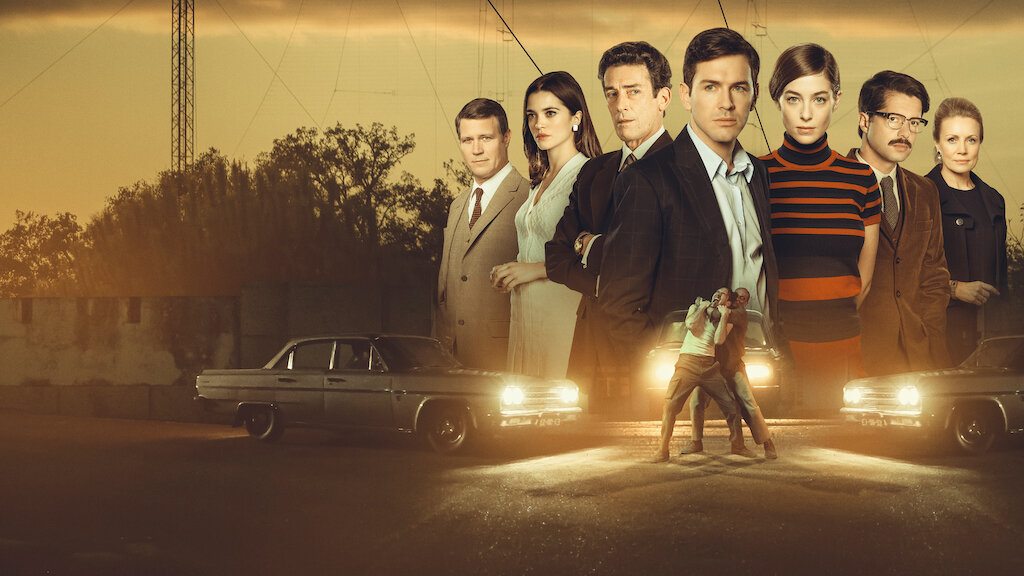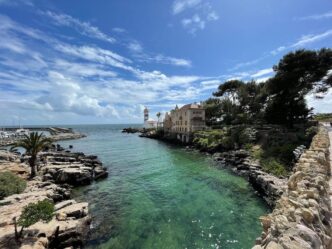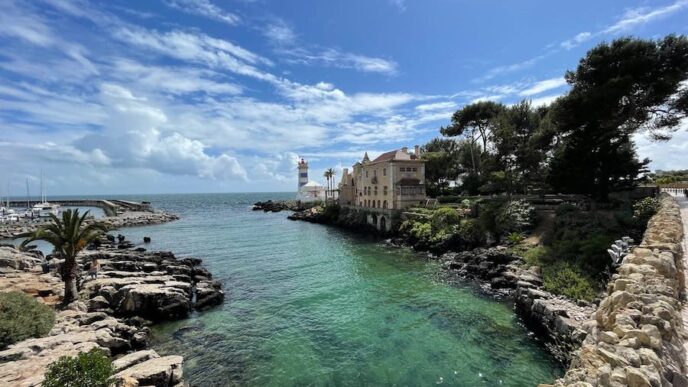Netflix’s enthralling series “Glória” whisks viewers away to the sun-soaked yet politically charged landscapes of 1960s Portugal. Set against the tranquil backdrop of Glória do Ribatejo, this series masterfully intertwines the intrigue of fictional espionage with the harsh truths of Cold War politics, crafting a historical drama that’s as rich in clandestine operations as it is in character depth.
The Heart of Espionage: Loyalty and Deception
At the center of the narrative is João Vidal, a young and charismatic engineer entangled with Portugal’s fascist regime. His life takes a dramatic turn when he’s unexpectedly recruited by the KGB to infiltrate RARET, a US-supported broadcasting station that pumps Radio Free Europe’s propaganda across the Iron Curtain. As Vidal delves deeper into his double life, the series meticulously unravels the complexities of his loyalties, the perilous dance of espionage, and the overarching tension that defined Europe during the Cold War.
The serene village of Glória do Ribatejo is more than just a picturesque setting; it’s a character in its own right, playing a strategic role in the global information war. The presence of RARET and its formidable transmitters highlights the village’s unexpected significance in undermining communist ideologies and bolstering Western democratic values.
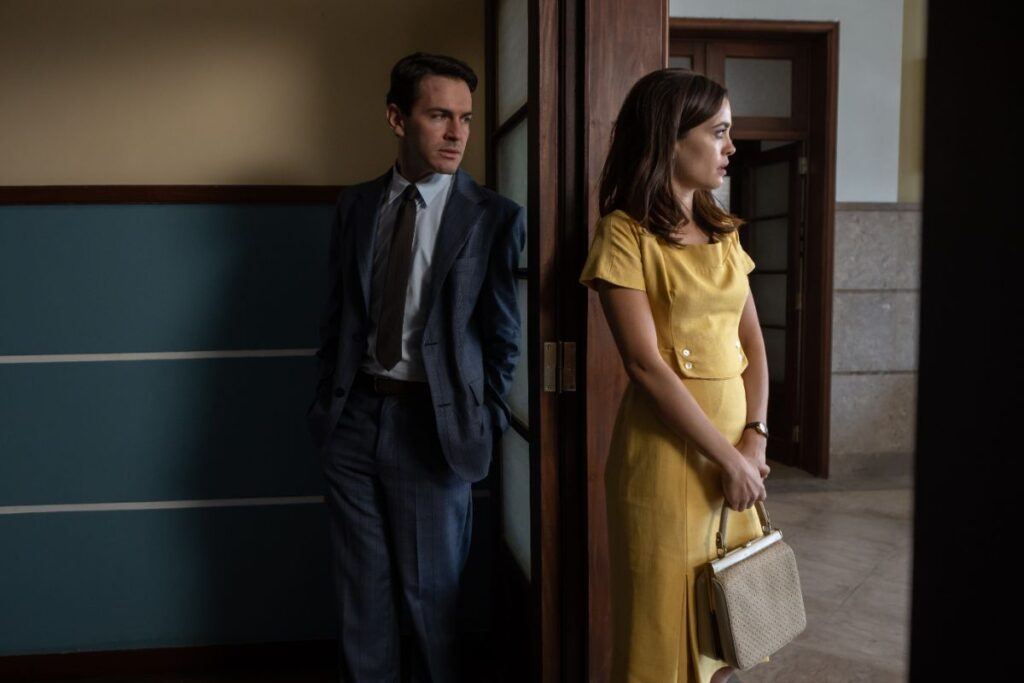
“Glória” transcends the typical spy narrative to offer a poignant exploration of Portugal under António de Oliveira Salazar’s Estado Novo. Portugal’s Cold War stance—its neutrality yet firm alignment with NATO—provides a compelling backdrop for the series, showcasing the country as a hotbed for covert operations and shifting allegiances amidst global superpower tensions.
Through the lens of João Vidal’s journey, “Glória” delves into the moral ambiguities and personal sacrifices inherent in the life of a spy. The series adeptly navigates the ethical quagmires of secrecy, the heavy toll of ideological warfare, and the fragile line between fidelity and treachery, offering viewers a nuanced perspective on the human cost of intelligence work.
Beyond the gripping plot, Glória stands as a testament to the enduring influence of the Cold War, illuminating a lesser-known facet of Portuguese history. It illustrates how the geopolitical machinations of the era left indelible marks on the lives of individuals and communities, making this a compelling series for those intrigued by the interplay of history and human drama.
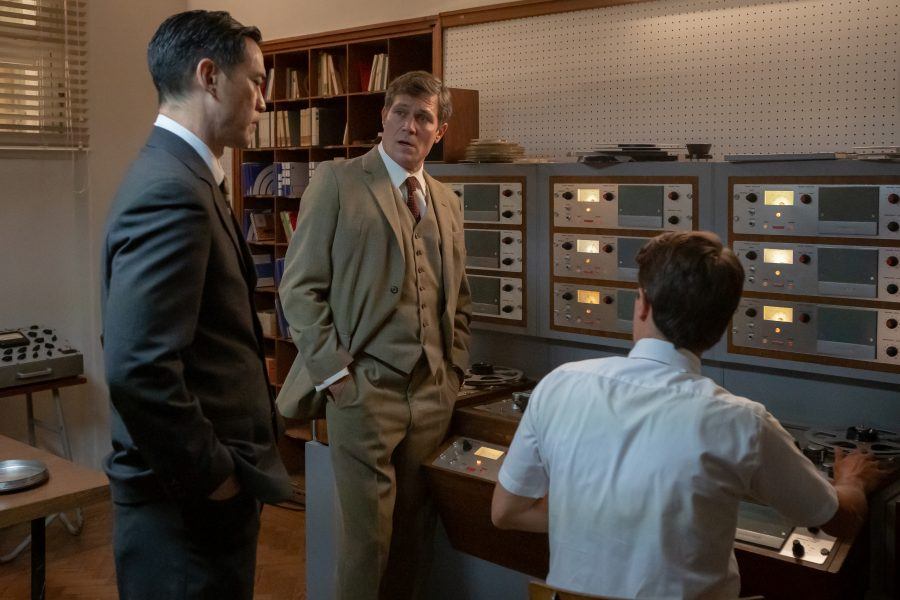
Why “Glória” Is a Must-See
For aficionados of historical fiction, spy narratives, or thought-provoking drama, Glória is unmissable. The series’ intricate blend of suspense, historical authenticity, and complex characterizations invites viewers into the heart of a seldom-explored era in European history, making it a profound viewing experience.
While Glória draws inspiration from the actual RARET station and the Cold War’s broader context, it’s important to recognise the creative liberties taken to enhance the story. The series serves as an intriguing entry point for those keen to explore this unique chapter of Portuguese history, blending factual groundwork with the compelling art of storytelling.
Glória not only captivates with its suspenseful plot but also enriches viewers’ understanding of Portugal’s pivotal role during a defining period of the 20th century, making it a standout addition to the genre of historical drama.

